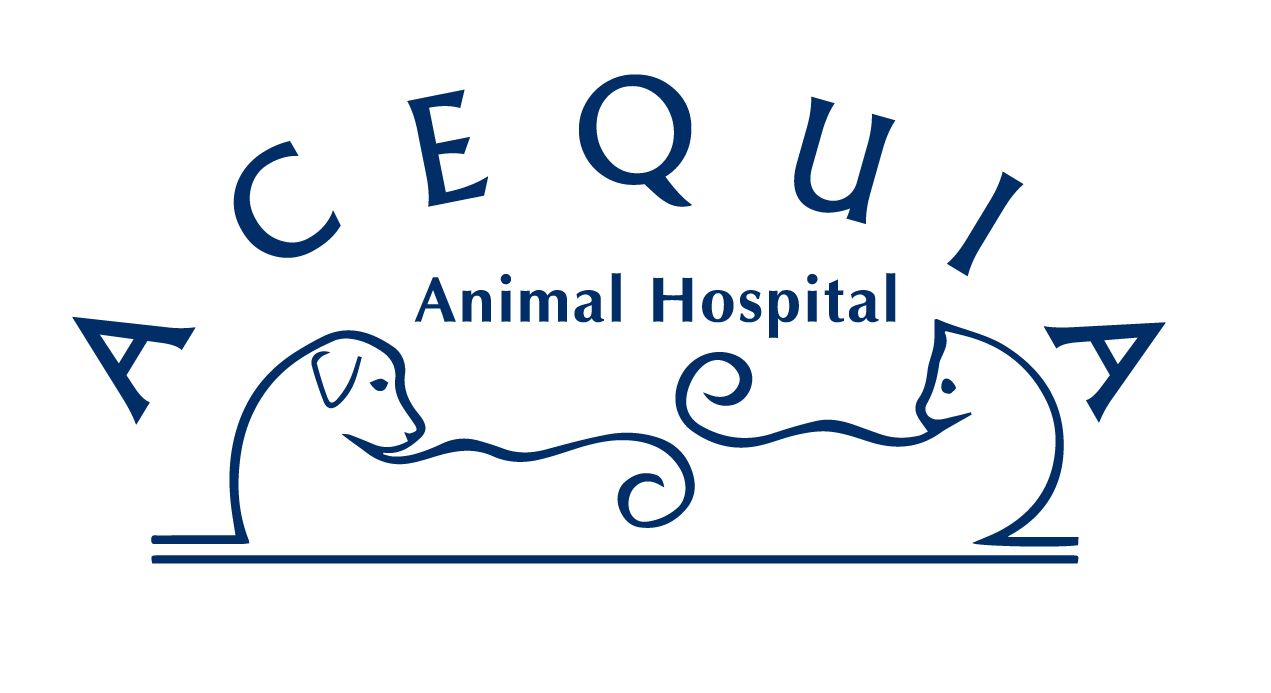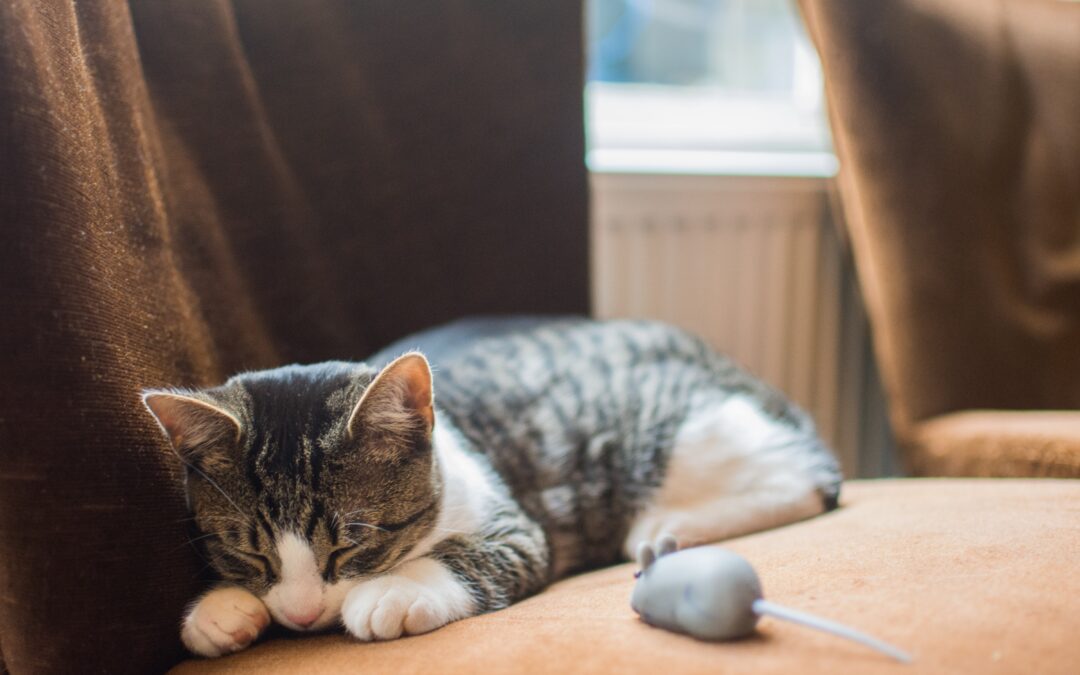Five Dangers Lurking in the Home for Furry Family Members
To commemorate National Animal Poison Prevention Week (March 19-25), our team is excited to bring you insight into the most commonly encountered household products that can be hazardous for pets.
#1: Medications
From a full pack of beef-flavored heartworm preventives to their owners’ prescription heart medication, medications are one of the most frequent household hazards that pets ingest. Especially when food is involved, dogs have been known to surprisingly jump up and grab any dropped pills before anyone can catch them. Alternatively, they might smell out pill bottles in guests’ suitcases or snatch items off the countertop – all things that should be avoided at all costs! In case your pet ingests something toxic like these medications, contact an animal poison control hotline immediately, as overdoses could prove fatal for our furry friends.
#2: Food
The kitchen is an alluring spot for your furry friend; however, it’s also filled with many harmful foods. Chocolate, macadamia nuts, xylitol, avocados, and unbaked yeast dough are among the most hazardous toxins that can bring about kidney failure, seizures, or even alcohol poisoning in pets. To prevent accidents from occurring while you’re cooking in the kitchen and to keep nosy noses out of the bin – purchase a lockable trashcan!
#3: Household chemicals
Keep your furry friend safe by securely storing the following common chemicals in areas inaccessible to them:
- Cleaning products
- Disinfectants
- Aerosol air fresheners and other products
- Candles
- Antifreeze
- Windshield washer fluid
- Paint
- Glue
- Nail polish remover
#4: Houseplants
Certain houseplants and the fertilizers used to help them flourish can be very dangerous for your beloved pets. For example, just touching lily pollen is fatal to cats. Other indoor plants that should be avoided if you have a pet include dieffenbachia, elephant ear, and spider plant varieties. Furthermore, keep outdoor beauties such as ivy and oleander away from curious critters too! Before introducing any new flowers or foliage into your home or garden space, please take time to investigate the ASPCA’s exhaustive list of harmful vegetation in order to protect both your pet’s health -and peace of mind- at all times.
#5: Batteries and coins
If ingested, batteries and coins can be hazardous to your pet’s health – the possibility of metal poisoning is real. And if they are chewed and punctured by your furry friend, chemical burns may result. Even worse yet, intact swallowed batteries could become a serious gastrointestinal blockage.
If you suspect your pet has been exposed to something hazardous, don’t delay- reach out to our team as soon as possible.

